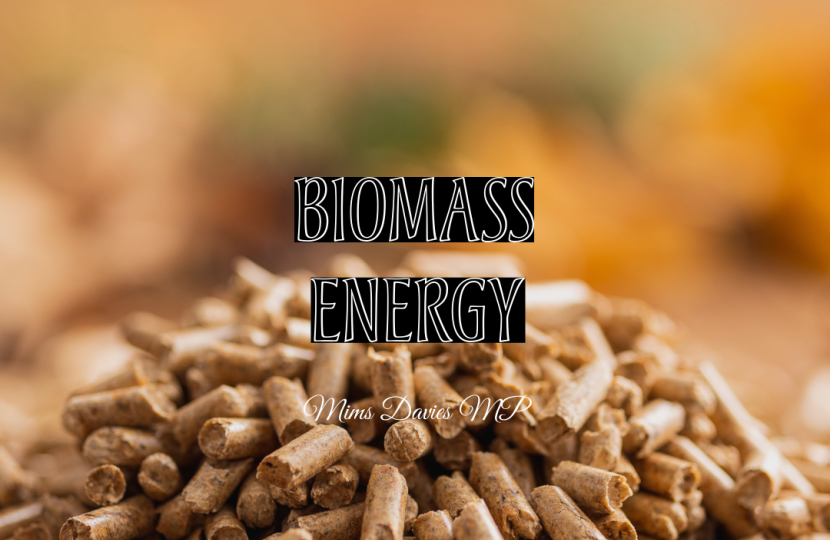
Biomass, often created by compressing organic matter like wood, forest residues and sawdust into energy-dense pellets, is a key component of the UK’s energy supply, with bioenergy generating 11 per cent of total electricity supply in 2022. It is a renewable source that can be used across all three energy sectors (transport, heat and electricity), as well as non-energy sectors. It can deliver low carbon energy, displace fossil fuel use in materials, and produce negative emissions when combined with carbon capture and storage.
In August 2023, the Government published its Biomass Strategy, which sets out the role that biomass, including second generation biofuels, can play in meeting the UK's net zero target. I understand that Ministers view sustainably sourced biomass as low carbon, which is in line with independent organisations such as the Climate Change Committee and the Intergovernmental Panel on Climate Change.
I am assured that only biomass that complies with strict sustainability criteria receives support from the Government. For forest derived biomass, the criteria include requirements around sustainable forest management including regeneration rates and sustainable harvesting, requiring that the carbon stock of the forest is not decreased.
While I have noted your comments in relation to Drax, I am aware that, following claims made in an episode of Panorama in 2023, officials from the Department for Energy Security and Net Zero engaged with forestry experts and relevant officials to understand the evidence about the claims made. I understand that officials found no evidence that biomass pellets used in the UK were unsustainable or associated with forest destruction.In addition, as part of ongoing scheme compliance monitoring, Ofgem opened an additional assurance audit of Drax. It is my understanding that Ofgem has not established any non-compliance that would affect the issue of Renewables Obligation Certificates to Drax.
The Department for Energy Security and Net Zero is carrying out a consultation on potential transitional support arrangements to support large-scale biomass electricity generators in their planned move to power bioenergy carbon capture and storage. Ministers are seeking views on the transitional support arrangements in principle, and how any such potential support might be designed. I will continue to follow this issue closely.
More widely, I know that the UK has cut its greenhouse gas emissions by 50 per cent between 1990 and 2022, making it the first major economy to halve its emissions. The UK has some of the most ambitious legally binding targets and is leading the way on cleaner energy.




